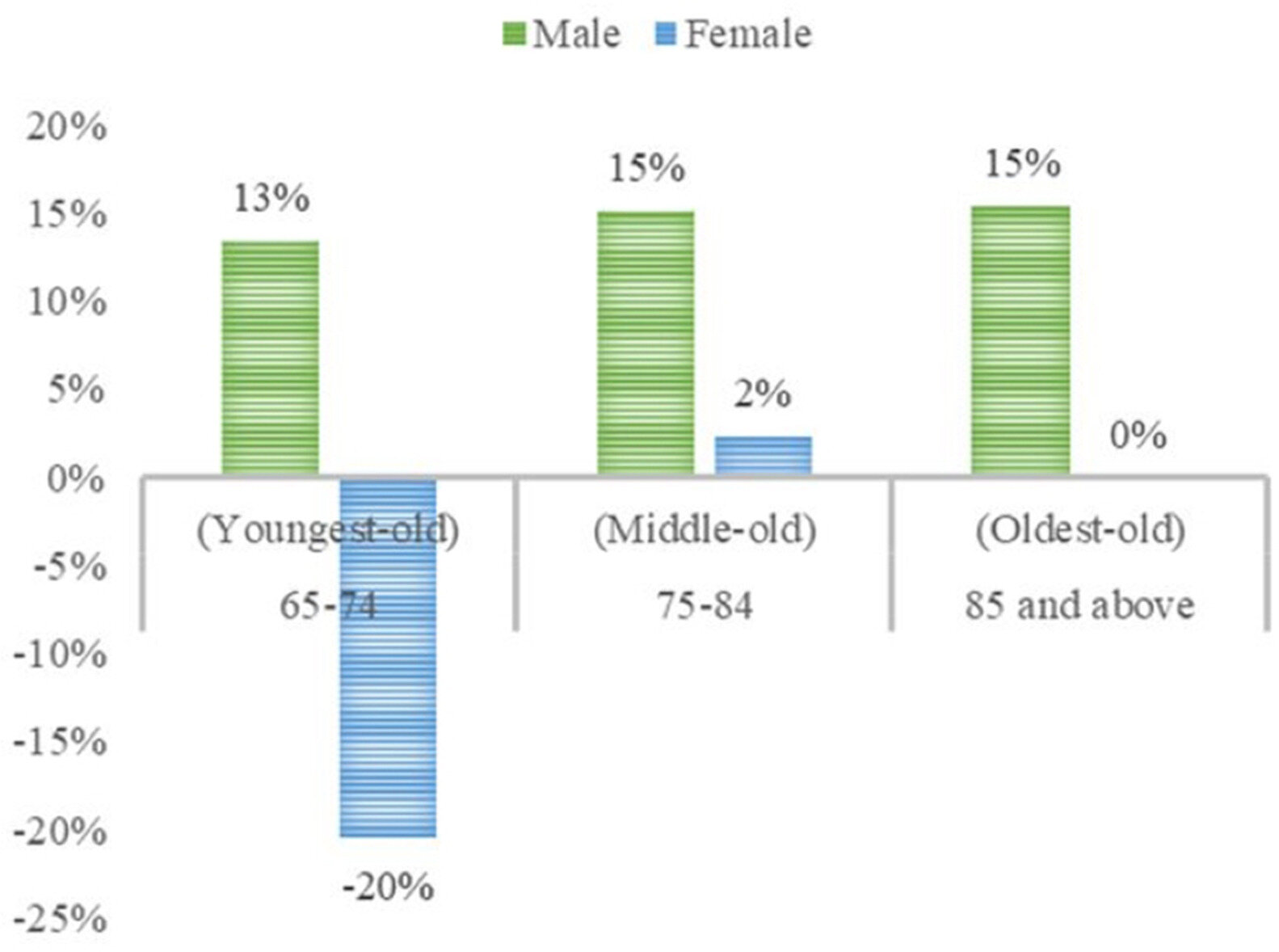Chronic pain is an acute and debilitating condition that affects millions of people worldwide. And while pain interventions are available, many people struggle without treatment at all.
Now new research from the University of South Australia shows that adopting a healthy diet can reduce the severity of chronic pain, presenting an easy and accessible way for sufferers to better manage their condition.
Exploring associations between body fat, diet, and pain, researchers found that a greater consumption of foods within the Australian Dietary Guidelines was directly associated with lower levels of body pain, particularly among women.
Importantly, these findings were independent of a person’s weight, meaning that despite your body composition, a healthy diet can help reduce chronic pain.
Globally, about 30% of the population suffers from chronic pain. In Australia, almost one in five (or 1.6 million) people struggle with chronic pain.
Women have higher rates of chronic pain, as do people who are overweight or obese.
UniSA PhD researcher Sue Ward says the study shows how modifiable factors, such as diet, can help manage and relieve chronic pain.
“It’s common knowledge that eating well is good for your health and wellbeing. But knowing that simple changes to your diet could offset chronic pain, could be lifechanging,” Ward says.
“In our study, higher consumption of core foods — which are your vegetables, fruits, grains, lean meats, dairy and alternatives — was related to less pain, and this was regardless of body weight.
“This is important because being overweight or obese is a known risk factor for chronic pain.
“Knowing that food choices and the overall quality of a person’s diet will not only make a person healthier, but also help reduce their pain levels, is extremely valuable.”
Notably, the findings suggest that diet quality affects pain differently in men and women.
“Women with better diets, had lower pain levels and better physical function. But this effect was much weaker for men,” Ward says.
“It’s possible that the anti-inflammatory and antioxidant properties of the healthier core food groups is what reduces pain, but we can’t yet determine whether poorer diet quality leads to more pain, or if pain leads to eating a poorer quality diet.
“A healthy, nutritious diet brings multiple benefits for health, wellbeing, and pain management. And while personalised pain management strategies should be adopted, a healthy diet is an accessible, affordable, and effective way to manage and even reduce pain.”

